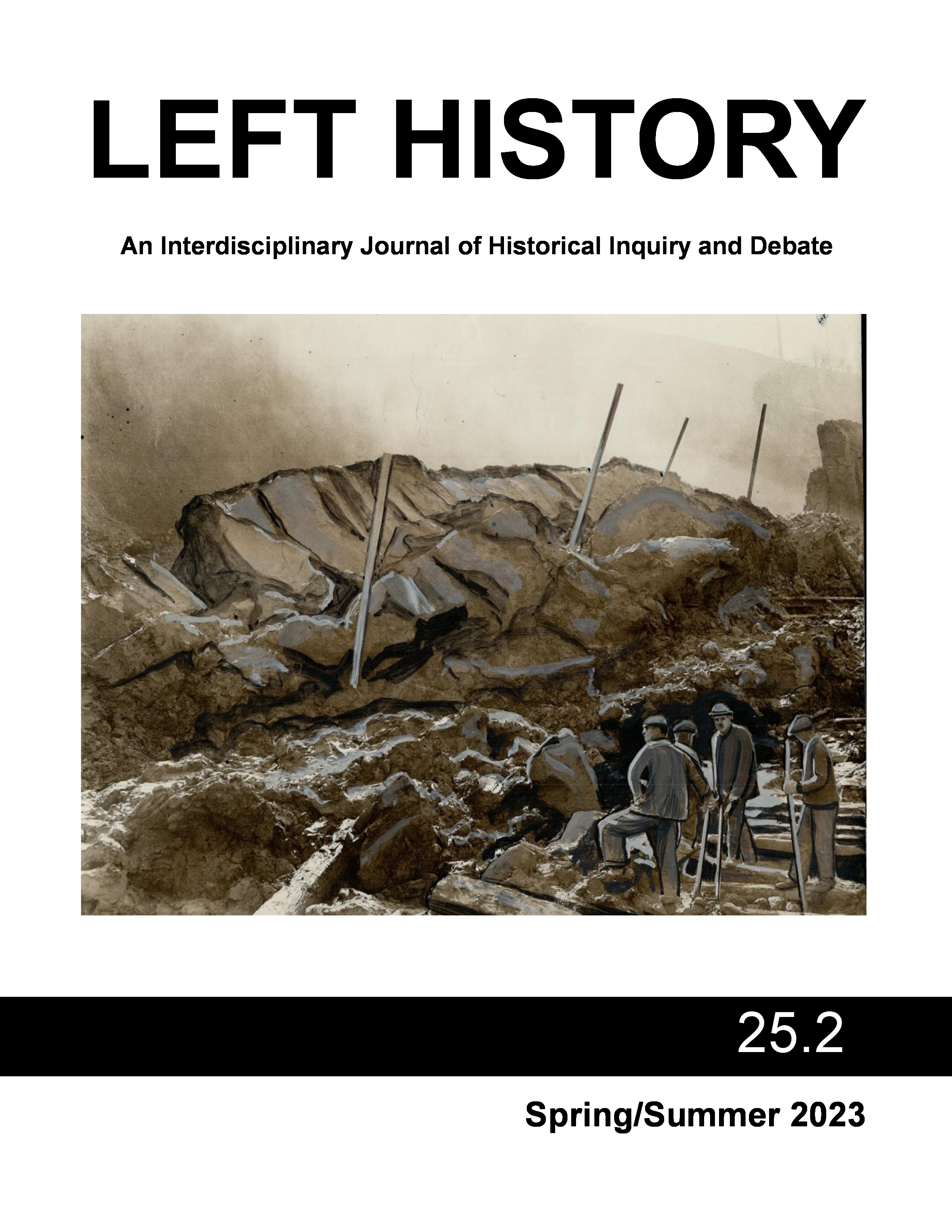How to Remake the World: The Radical Life of Francis Jennings
DOI:
https://doi.org/10.25071/1913-9632.39674Abstract
This article places the historian Francis Jennings’ life in political history. Before becoming a professional historian, Jennings was a high school history teacher and a card-carrying member of the Communist Party. The connective tissue that bound Jennings’ high school teaching career to his career as a professional historian was not the history, but a politics of anti-racism. This article argues that Jennings’ experiences with Communism and anti-Communism yielded a distinct orientation to historical craft as a politics of truth. A crucial consequence of Jennings’ experiences as a Party member, a high school teacher, a teachers' union president, and a HUAC casualty was a coming-around to a belief widely held by anti-communists: that one could not be a Communist and a professional intellectual at the same time. Being a historian meant repudiating something that Communism and anti-Communism had in common: the insistence by authorities—governmental and revolutionary—that politics could not be meaningfully separated from any other facet of life. Jennings’ willingness to toe the Party line and his subsequent HUAC testimony led him to see politics as a realm of lies and deceit. He projected this viewpoint into his academic work, through his accusations of deceitfulness and racism in the historians whose work he criticized and the historical figures on whom he cast judgment. In making this case, this article complicates standard narratives about both American Communists and the “radical” American historians of the twentieth century who broke with consensus history.
References
N/A
Downloads
Published
Issue
Section
License
Copyright (c) 2023 Nicholas Toloudis

This work is licensed under a Creative Commons Attribution-NonCommercial-NoDerivatives 4.0 International License.
This work is licensed under a Creative Commons Attribution-NonCommercial-NoDerivatives 4.0 International License. Authors retain copyright of their work. Any uses not covered by the license require permission from the rightsholder. We ask that republication and reuse of content cite the original publication in Left History.
Left History and its trademark are held under the copyright of the journal, which is published in the York University Department of History. Left History is committed to Open Access by publishing articles online under a CC BY-NC-ND 4.0 license.


